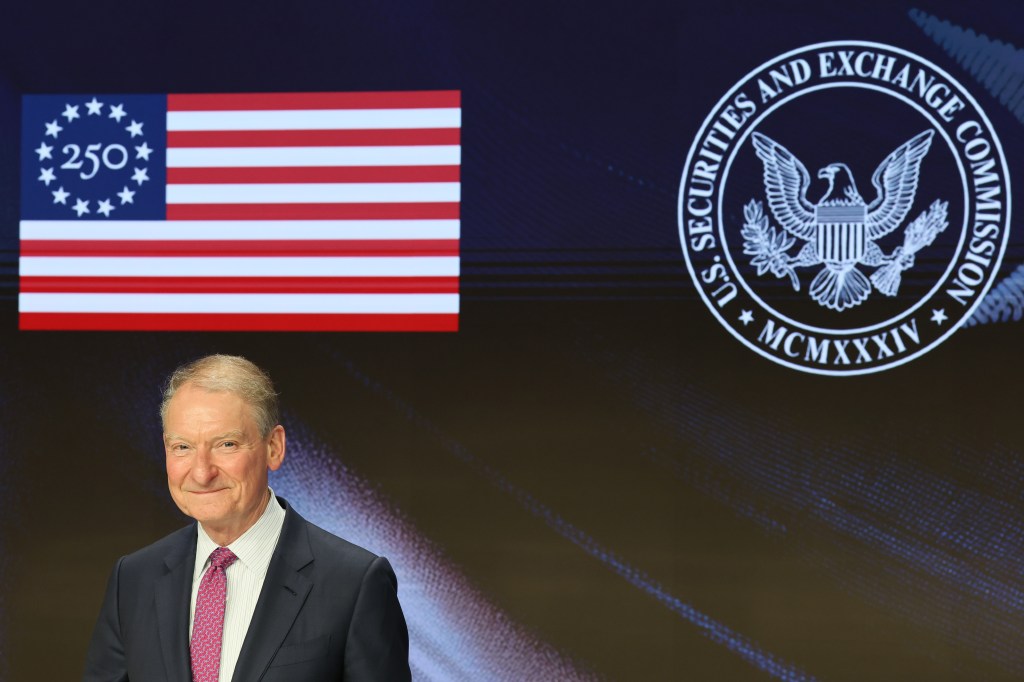Securities principal and CCO barred for allegedly misusing and converting customer funds
The CCO who is also CEO and CFO of Integrity Brokerage converted funds in two customer accounts, transferring them to a firm account without knowledge or authorization of the customers.
Two of the transfers were made in response
Register for free to keep reading
To continue reading this article and unlock full access to GRIP, register now. You’ll enjoy free access to all content until our subscription service launches in early 2026.
- Unlimited access to industry insights
- Stay on top of key rules and regulatory changes with our Rules Navigator
- Ad-free experience with no distractions
- Regular podcasts from trusted external experts
- Fresh compliance and regulatory content every day













